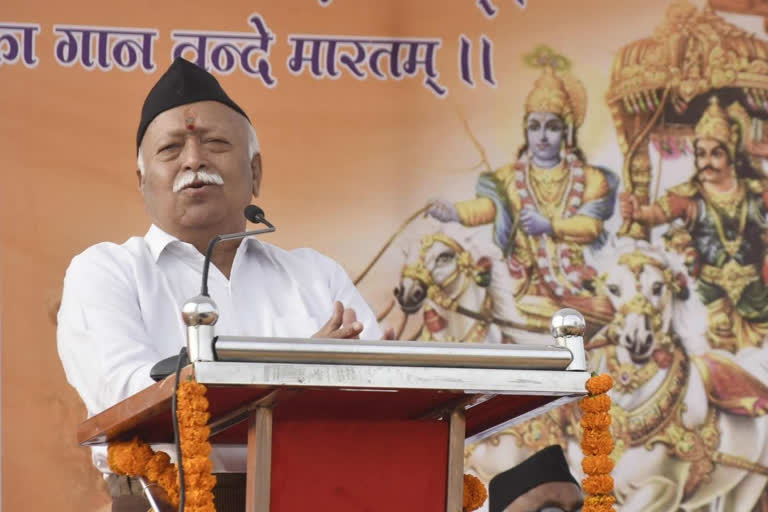Hyderabad:India has just announced a 14-day 'graded' extension to the COVID-19 related national lockdown that will now extend till mid May and a macro review will be undertaken to assess the degree to which the insidious virus has been quarantined and contained. Experts are hoping that with effective citizen compliance, the appropriate degree of herd immunity would have developed progressively for the lockdown restrictions to be further relaxed and some degree of normalcy restored across the country.
Concurrently, another malignant virus has been spreading through the body politic of India and that is communal discord with a specific anti-Muslim focus. If the spread of this societal virus is not objectively recognized and quarantined effectively – there is a high probability that in the long term, this virus will be the more debilitating for India's comprehensive security and the well-being of its 1.3 billion citizens.
The catalyst for this latent anti-Muslim sentiment was the manner in which the mid-April Tablighi congregation in Nizamuddin, New Delhi had ignored the COVID protocols and a surge in COVID contamination was evidenced. This was avoidable and legal action is being pursued. However this matter was whipped up in the popular consciousness in a very insidious manner by certain sections of the media and the corrosive reduction was that a 'corona jihad' was being waged against India. A number of incidents of persecution and intimidation of Muslim citizens – particularly street vendors and vegetable hawkers came to the fore. In some cases elected representatives (MLAs) were also involved in abetting this anti-Muslim sentiment.
The communal bias in the country was growing and this is what prompted both PM Narendra Modi and RSS Chief Mohan Bhagwat to apply the required corrective. On Sunday (April 26), Bhagwat in a televised address cautioned that demonizing one community for the transgressions of a few was not desirable at a time when the larger national challenge is the containment of the COVID virus from spreading. Bhagwat noted: "If anyone out of anger or fear does something wrong, we cannot blame the whole community and distance from them."
Read:Tablighi Jamaat: Irresponsible, but target of selective media bias
A week earlier (April 19) PM Modi had also stepped in and sought to advise aggrieved citizens that unity and brotherhood were the need of the hour to deal with the corona challenge. He noted in a tweet : "COVID-19 does not see race, religion, colour, caste, creed, language or borders before striking. Our response and conduct thereafter should attach primacy to unity and brotherhood. We are in this together: PM @narendramodi." And in an important emphasis, Modi added that for India, "The future will be about togetherness and resilience."
However, this advice by both Modi and Bhagwat does not seem to have had any significant impact on BJP cadres and in late April two UP MLAs were seen asking local people not to buy vegetables from Muslim vendors and preventing entry into residential areas. The allegation made was that these vendors were more prone to the COVID infection and would thereby facilitate the spread of the virus.
